
Sun Tzu for Execution
How to Use the Art of War to Get Results
ISBN: 9781598690521
Pages: 209
Recommendation
Steven W. Michaelson has written an interesting but somewhat odd book. Its first section consists of a translation of Sun Tzu’s classic Chinese text on military strategy, The Art of War. The second section, which takes up most of the volume, focuses on how to apply Sun Tzu’s ideas to business. Nearly all the chapters open with a quotation from Sun Tzu, but Michaelson also refers to other military and business leaders. You could benefit from his comments on how to implement your business strategy without ever referring to the translation. That said, the principles Michaelson extracts are sound, and he shares with Sun Tzu the ability to provide clear, broad concepts to guide business strategists in a variety of situations. getAbstract recommends this book to executives who want to improve their ability to think strategically and who find it useful to boil down the process of strategizing to a few fundamental rules.
Summary
About the Author
Steven W. Michaelson is president of an online retailing company and is the co-author of several books about applying Sun Tzu’s military principles to business.









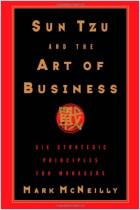

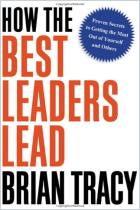
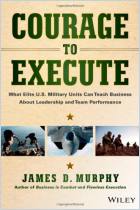
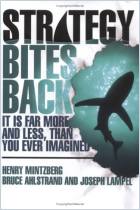
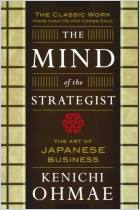



Comment on this summary or Iniciar a Discussão